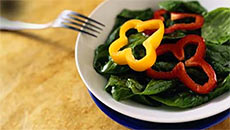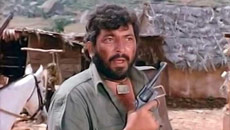Soon, tiny robots would be performing tasks such as measuring pollution, extinguishing fire and delivering medicines into the body in a non-invasive way.
Engineers have developed a way of making hundreds of tiny robots cluster to carry out tasks without using any memory or processing power.
The work paves the way for robot 'swarms' to be used in, for example, the agricultural industry where precision-farming methods could benefit from the use of large numbers of very simple and cheap robots.
“In a real world scenario, this could involve monitoring the levels of pollution in the environment; we could also see them being used to perform tasks in areas where it would be hazardous for humans to go,” said Roderich Gross from the Sheffield Centre for Robotics (SCentRo) of University of Sheffield.
The researchers have programmed extremely simple robots that are able to form a dense cluster without the need for complex computation.
A group of 40 robots has been programmed to perform the clustering task and the researchers have shown, using computer simulations, that this could be expanded to include thousands of robots.
Each robot uses just one sensor that tells them whether or not they can 'see' another robot in front of them.
Based on whether or not they can see another robot, they will either rotate on the spot, or move around in a circle until they can see one.
In this way they are able to gradually form and maintain a cluster formation.
The Sheffield system also shows that even if the information perceived by the robots gets partially corrupted, the majority of them will still be able to work together to complete the task.
“Because they are so simple, we could also imagine these robots being used at the micron-scale, for example in healthcare technologies, where they could travel through the human vascular network to offer diagnosis or treatment in a non-invasive way," Gross added.
The work was published in the International Journal of Robotics Research.





